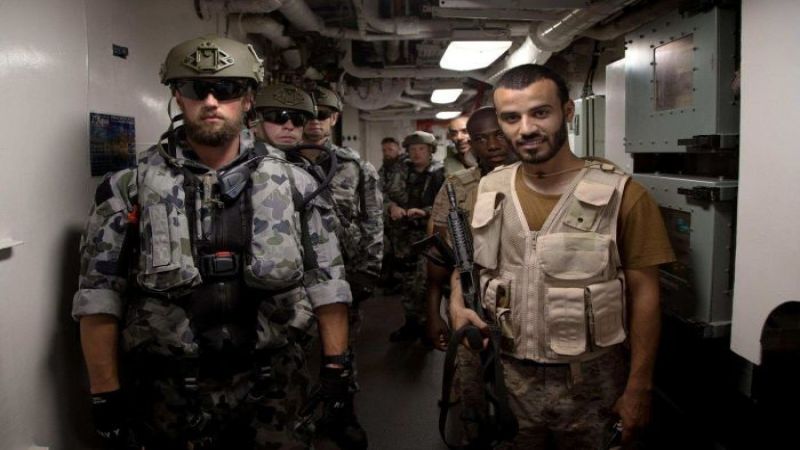
Local Editor
The Australian Government has been called on to disclose all defense deals it has made with Saudi Arabia, as the humanitarian crisis in Yemen worsens.
Amnesty International said Australia "is legally obliged" to make sure any defence sales are not being used to commit human rights violations in Yemen.
Saudi Arabia is blockading Yemen's main port, preventing food from reaching about 75 per cent of the population.
The UN says 7 million people in Yemen are already on the brink of starvation and the country could face the worst famine "in decades" if food aid remains blocked.
"In the past 12 months the Australian Department of Defence has approved four different military licences to Saudi Arabia," Amnesty International's Rasha Mohamed told 7.30.
"We're calling on Australia to fully disclose all transfer details and deals they've made with the Saudi-led coalition, and make public what are the end user agreements."
The Department of Defence routinely refuses to reveal what those licenses are for.
"We don't disclose the particular types of equipment, mainly from a commercial-in-confidence perspective," Defence associate secretary Rebecca Skinner said during Senate estimates in October.
"Has the department assessed whether any previously supplied Australian equipment has been used by the Saudi-led coalition in unlawful attacks on Yemen?" Senator Peter Whish-Wilson asked.
"We are unaware of any equipment or things they have received — export permits — being used in such a way," Ms Skinner said.
Last week, Defence Minister Marise Payne was questioned in Parliament over an Australian Navy training exercise with the Saudi Navy in the Red Sea in August, which has been criticized by aid and human rights groups and the Australian Defence Association.
The Saudi-led coalition war effort has been supported by the US and the UK. Both have also made billions selling the kingdom arms.
Today at a lunch in Canberra, the chairman of leading global weapons makers BAE, Sir Roger Carr, defended the sales when questioned by the ABC.
"That part of the world is complicated. It is easy to form a remote judgment but when under threat one has to protect oneself and one's people," Sir Roger said when questioned over the ethics of sales amid the Yemen conflict.
Source: News Agencies, Edited by Website Team